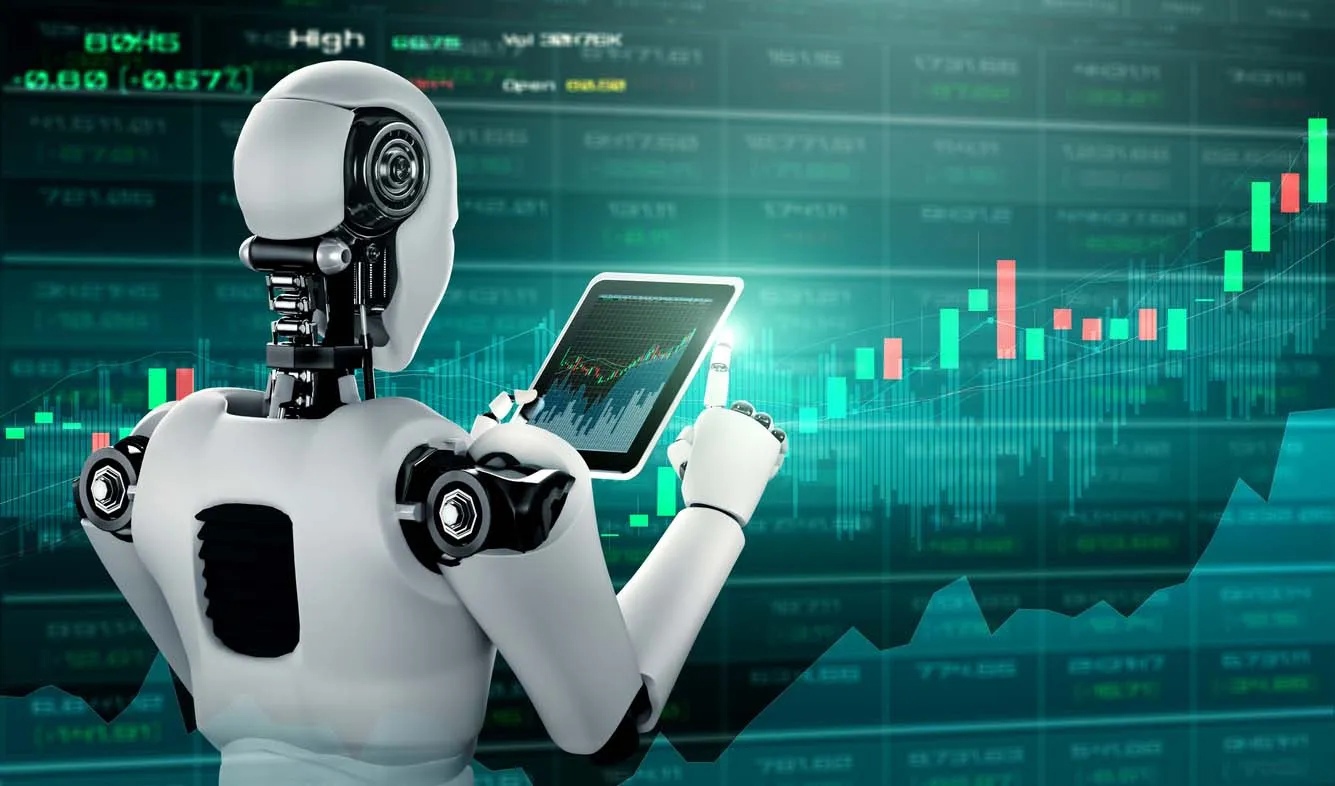
Technology significantly influences the development and transformation of product promotion and sales tools. Take e-commerce, for example. Just a decade ago, SEO was enough, then came internet marketing. But now, that’s not enough, and brands are betting on digital technologies.
What Will Marketing Be Like
Predicting is difficult, but one thing can be said for sure – it will become more personalized. Tools will change and adapt to audience requests, covering an increasing number of platforms. It’s no longer about trying to make universal advertisements in the hope that some will resonate with the target audience. Ever-improving technologies allow for constructing a portrait of a potential consumer based on their preferences and open data (gender, age). And search engine algorithms – to tailor advertisements for each individual.
On one hand, visiting websites and clicking on links is part of life; on the other – a way to study and analyze for building short- or long-term development strategies and communicating with the audience. Such interaction allows for quick responses to any changes, preventing conflict situations (important for reputation in times when information spreads at the speed of light).
Today, digital or digital marketing already works better than traditional tools. And native integrations in social media influencer accounts get more coverage than TV promotions.
Trends
The demands of users and increasing competition in the battle for customers, amid falling demand and an unstable macroeconomic market situation, dictate the trends. Hence, the promotion plan is built considering factors:
- Transparency in advertising – partly a forced measure due to legislation, which requires all promotions to be labeled;
- Native integrations – non-intrusive inclusion of advertising inserts into the text of a post or video sequence that do not cause irritation, increasing brand loyalty or promoted product and service;
- Confidentiality – rather, the development of measures to protect personal data, as users have become more responsible in matters of personal information storage security;
- Personalization of the company – this includes photos of employees and stories about values that can attract new customers, hence, for example, the trend of ecological agenda (emphasis on packaging from recycled materials or non-toxic household chemicals);
- Machine processing and simplification - up to auto-tuning promotions set to specified parameters;
- Working with influencers – addresses image issues and attracts a loyal audience accustomed to trusting the blogger;
- Emphasis on SEO as part of strategy – 70% of traffic is generated by search queries, so working with SEO content remains a reliable source of organic traffic affecting conversion rates.
SEO, as an individual tool, is inefficient and difficult to call universal. For example, in niches like heavy industry and metallurgy, it is practically useless.
The Future of Internet Marketing
The world is changing rapidly, and brands must respond by adjusting old methods and developing new ways to attract customers. The goal is to get closer to the audience, increase brand loyalty, and stimulate sales.
Analyzing successful promo launches of major brands can track development trends, internet marketing techniques, and promotion channels.
- Short videos – according to Woosuite data for 2022, short promo clips had one of the highest ROI (Return on Investment) in the SMM segment.
- AI chatbots – customers want quick answers at any time. And a bot can replace live employees.
- Presence on marketplaces – Mediascope counts show that large service coverage is just over 33%. And in terms of time that visitors spend studying product cards, marketplaces can only be competed with by social networks.
- UGC or user-generated content – unboxing videos with a buyer’s opinion about a product or service, or textual reviews, inspire more trust and increase sales (a good review equals quality).
- Site customization or real-time tailoring – helps retain a visitor on the site, which increases the likelihood of a purchase and continued interaction (email newsletters with discount notifications, promotions with an analysis of previous orders).
Much attention will also be given to engaging mobile device users, as statistics show that a large part of online sales are from mobile apps.
New Professions
While marketplace managers and social media promotion specialists are already standard vacancies on job sites, new strategies have brought about marketing professions of the future. For example, classifieds specialists, dealing with classified advertising, digital strategists responsible for promo campaigns (studying the product, developing campaign plans, composing team briefs), or marketing scientists, involved in generating and automating leads.
To summarize, future marketing is inextricably linked with technology. Therefore, the sooner a company switches to digital, the easier it will be to adapt to constantly changing conditions.

